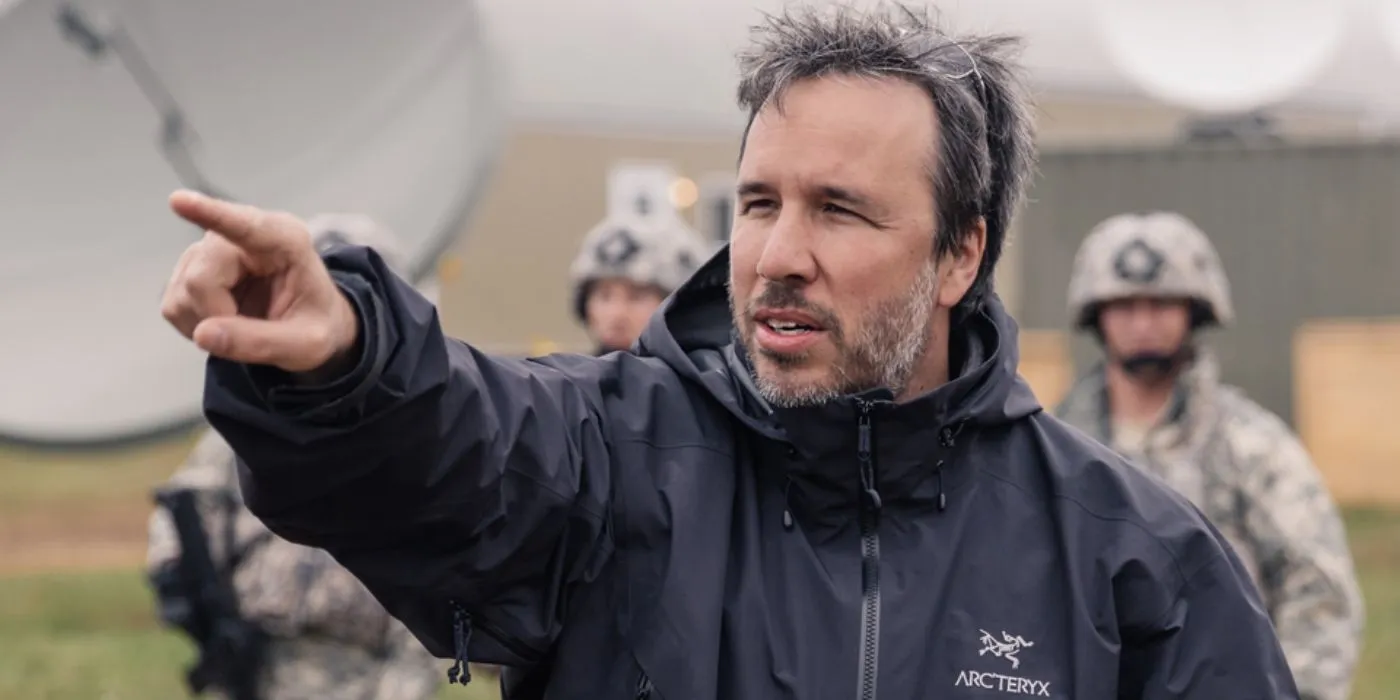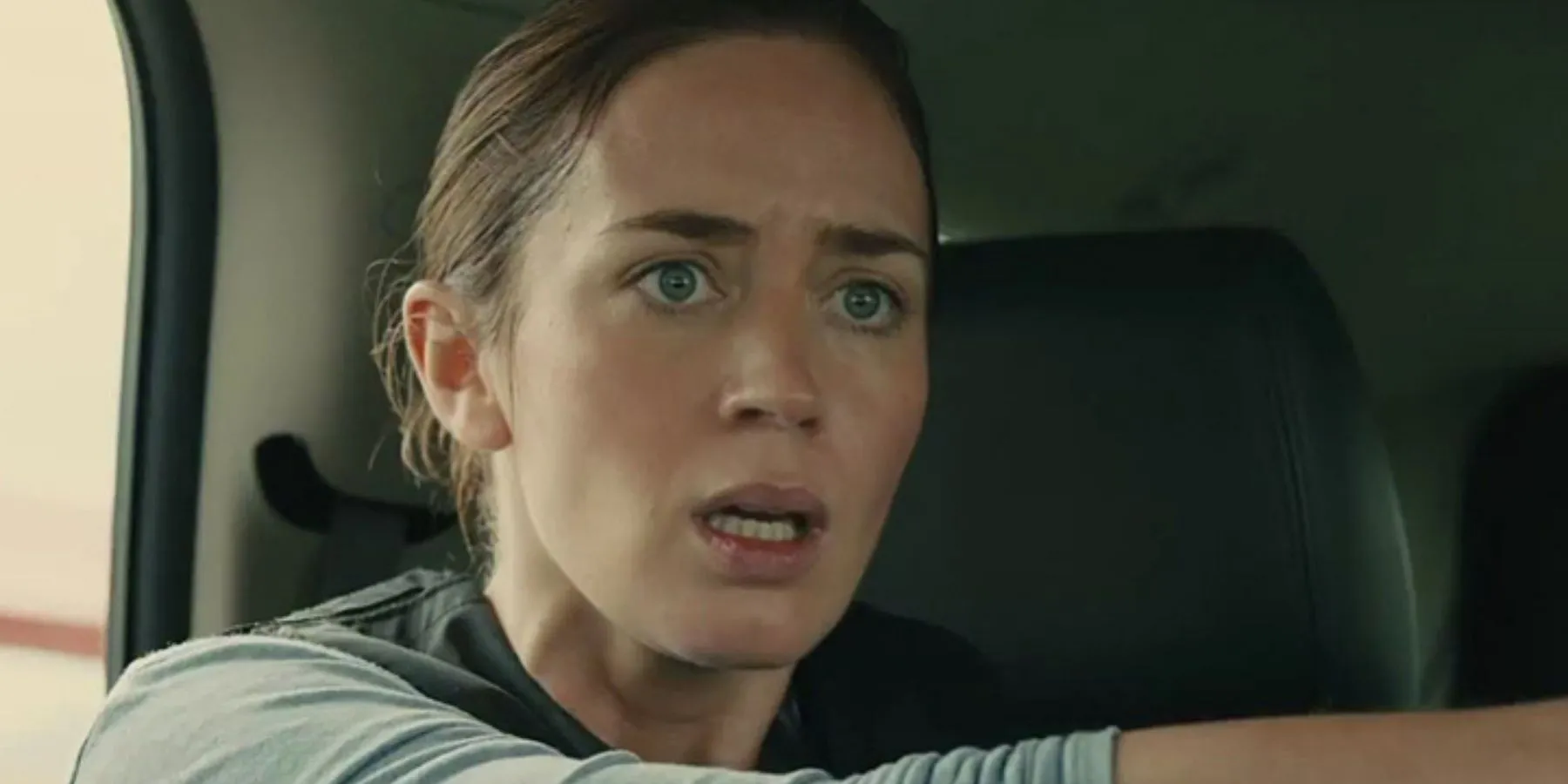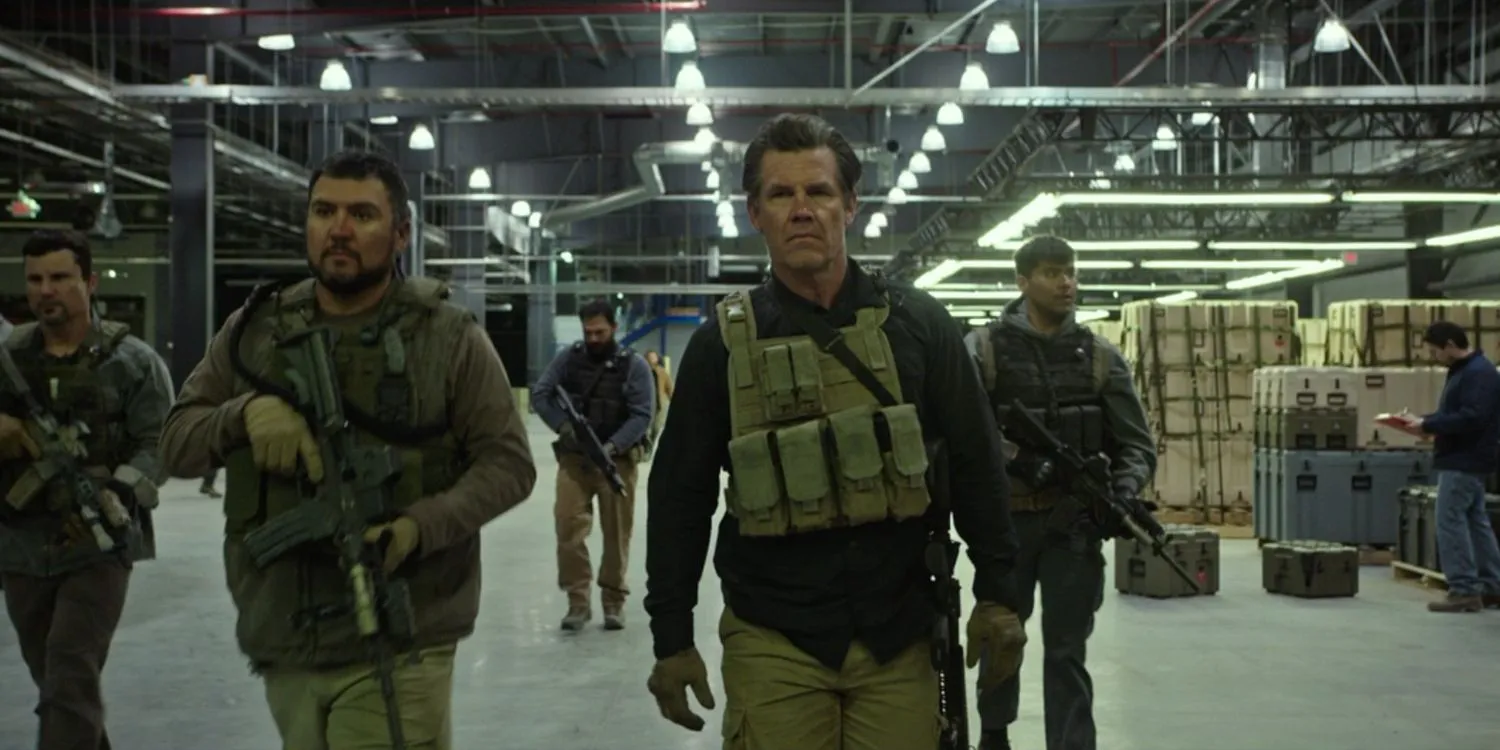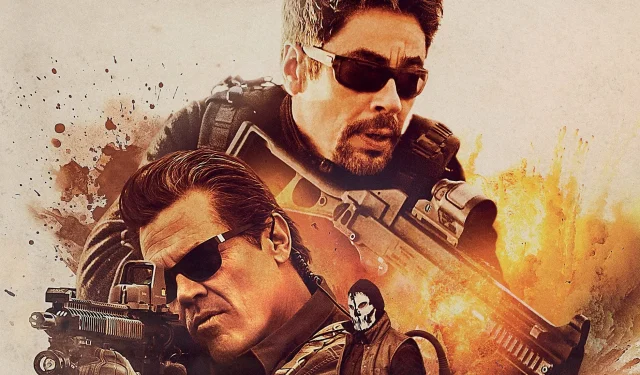The action-packed thriller Sicario: Day of the Soldado has seen a resurgence in popularity, climbing the streaming charts and captivating audiences anew. As the sequel to Denis Villeneuve’s critically acclaimed film Sicario, the narrative follows operative Matt Graver (Josh Brolin) and assassin Alejandro Gillick (Benicio del Toro) as they instigate a brutal war among drug cartels embroiled in smuggling suicide bombers into the United States.
Despite 2015’s Sicario earning a remarkable 92% approval rating from critics on Rotten Tomatoes, its sequel received more lukewarm responses upon release and fell short at the box office. This variance in reception can be traced back to changes in both director and cast. Though Sicario: Day of the Soldado may not reach the same heights as its predecessor in terms of storytelling and visual style, it nonetheless provides an engaging cinematic experience for fans of action and suspense.
The Absence of Denis Villeneuve’s Direction
A Sequel Without a Mastermind

While Taylor Sheridan, co-creator of Yellowstone, returned to write the script, the sequel distinctly lacks the visionary direction of Denis Villeneuve. His meticulous filmmaking approach is part of what set the original apart. After Sicario, Villeneuve continued to impress with masterpieces like Blade Runner 2049, Dune, and Dune: Part Two, solidifying his status as one of the foremost directors of modern cinema.
His absence is palpable; Villeneuve’s distinctive flair is crucial to the franchise’s identity. Although director Stefano Sollima brings significant talent to the table, delivering an intense follow-up, his iteration doesn’t quite capture the profound artistry exhibited in the first film.
The Void Left by Emily Blunt’s Kate Macer
A Heartless Sequel

Another significant element absent from the sequel is the character of Kate Macer, played by Emily Blunt. While del Toro and Brolin reprise their roles with commendable performances, their characters evolve into increasingly unsympathetic figures, making it challenging for viewers to empathize with them. Gillick’s morally ambiguous trajectory in the sequel is particularly striking, especially following his violent actions in the previous film.
In contrast, Macer represented a force for good, seeking to minimize the chaos wrought by drug trafficking. Graver’s cold military strategies and Gillick’s vengeance-driven psyche create a stark disconnect in moral alignment, undermining audience engagement with their journey. Although Gillick attempts a redemptive arc through his relationship with Isabel (Isabela Merced), his complex and dark character remains less relatable than Macer’s heroic resolve.
A Unique Narrative Worth Exploring
Thrilling Yet Flawed

Although Sicario: Day of the Soldado doesn’t rival its predecessor’s excellence, it stands as a commendable film in its own right. Sheridan crafts a tense, expansive narrative that dives deeper into the war on drugs and the inherent corruption affecting both sides of this ongoing battle. Character-driven drama persists, offering layers of complexity even in the absence of Macer.
Furthermore, the sequel intertwines suspense with frenetic action that engages audiences thoroughly. Especially noteworthy is the unexpected bond forged between Gillick and Isabel during her kidnapping, marking a significant evolution in his character as he grapples with his past and instincts for protection.
Despite falling short of the original’s thematic depth, Sicario: Day of the Soldado presents a grim, thrilling narrative that has resonated well with streaming audiences. This renewed interest in the franchise may even heighten anticipation for an upcoming installment, tentatively titled Sicario: Capos.
Source: Rotten Tomatoes


